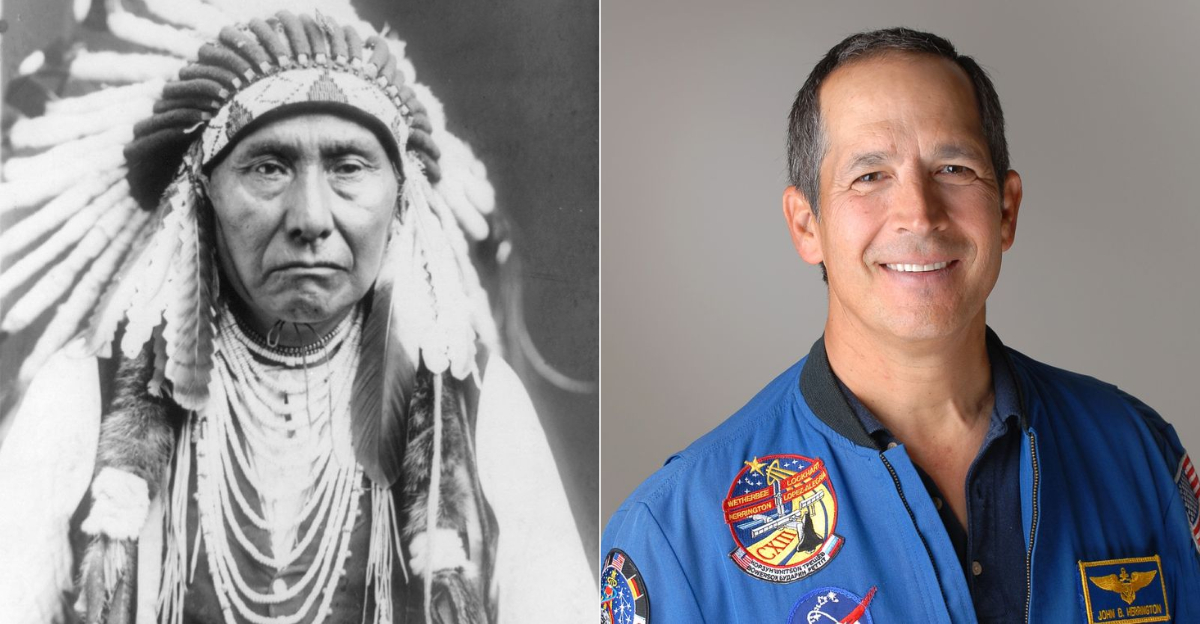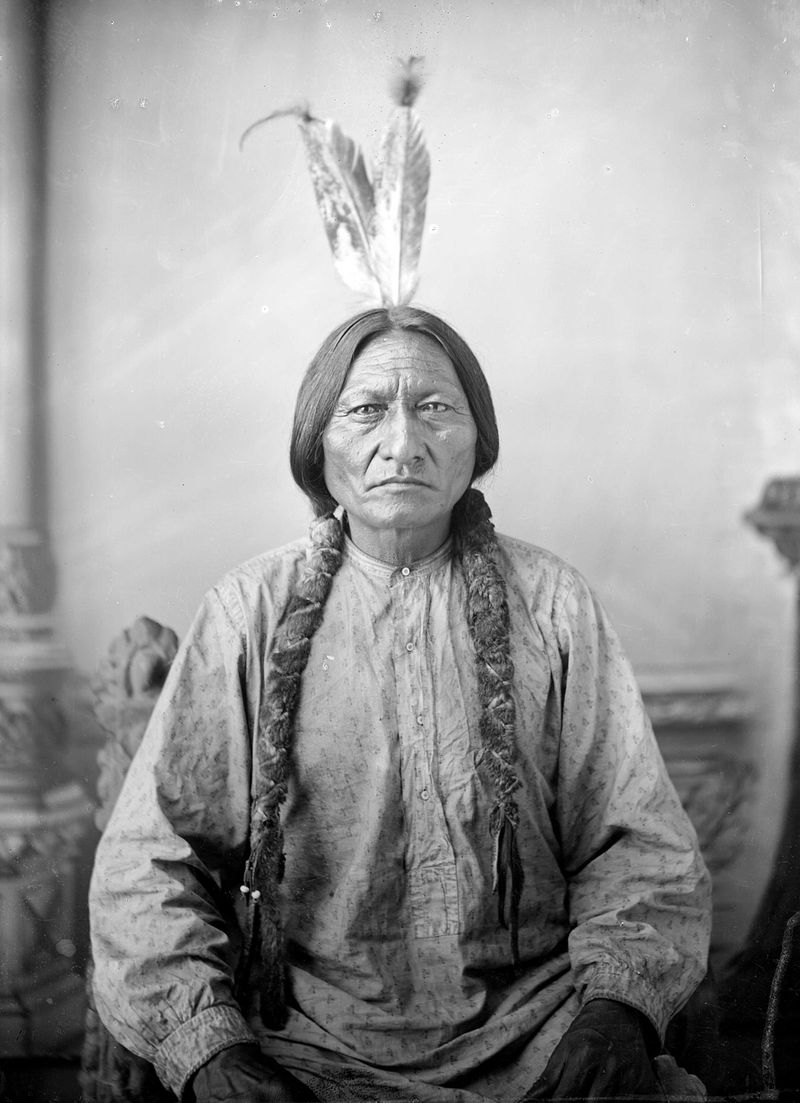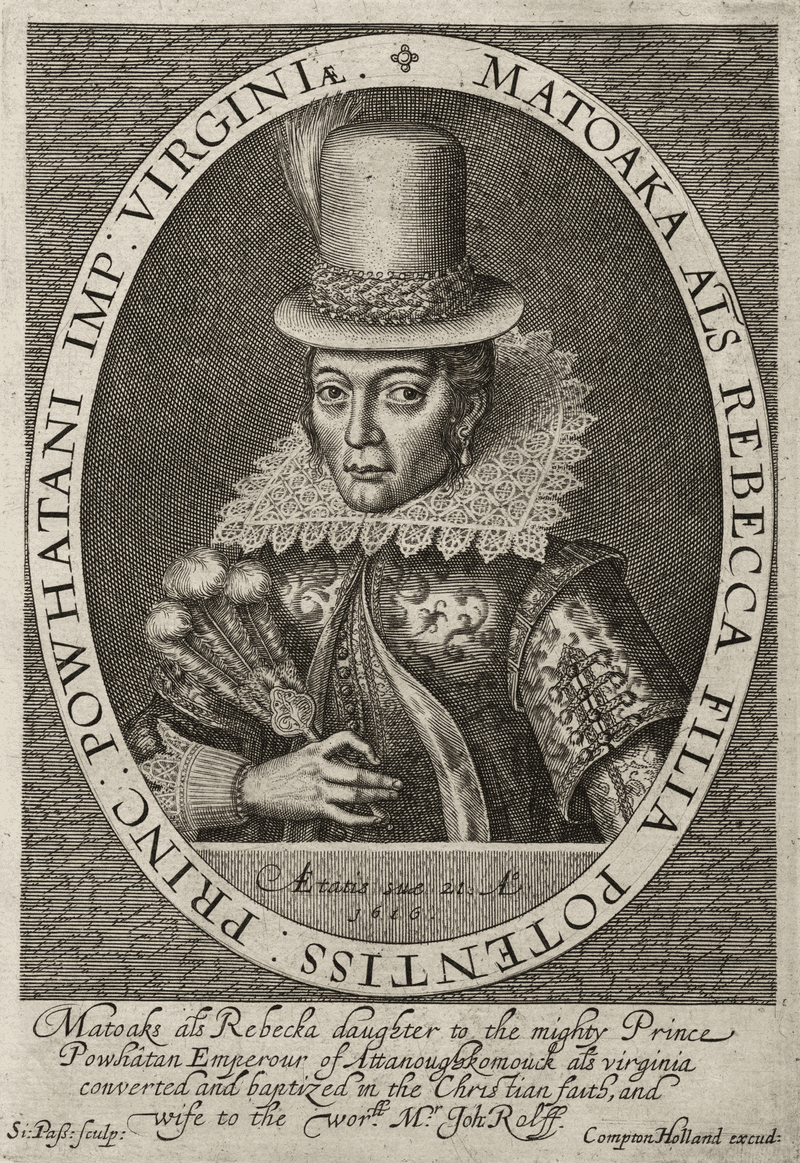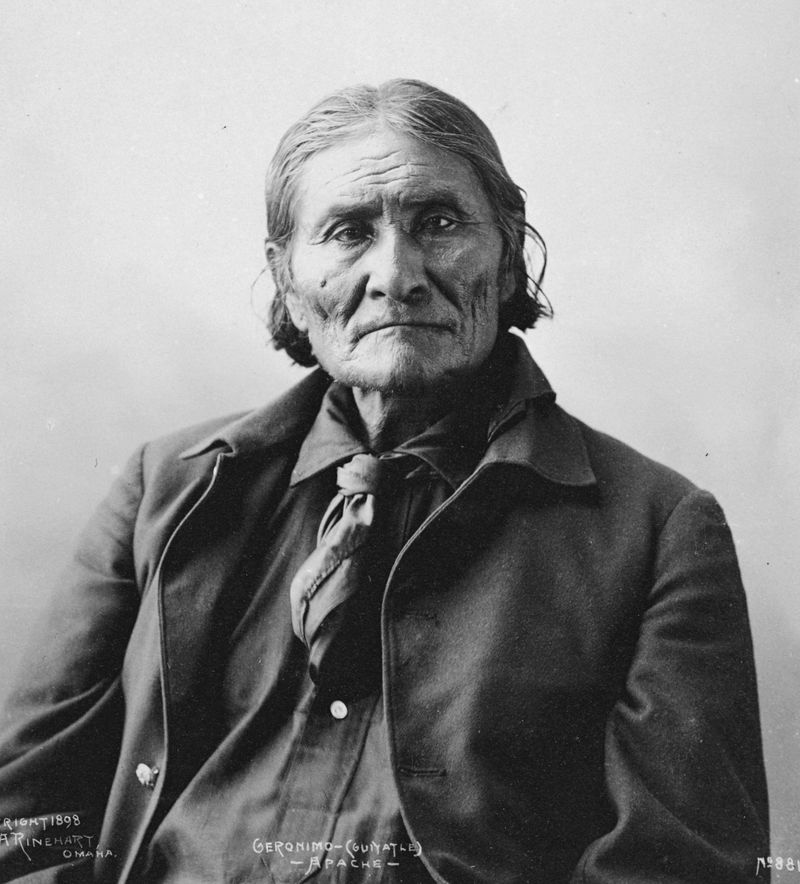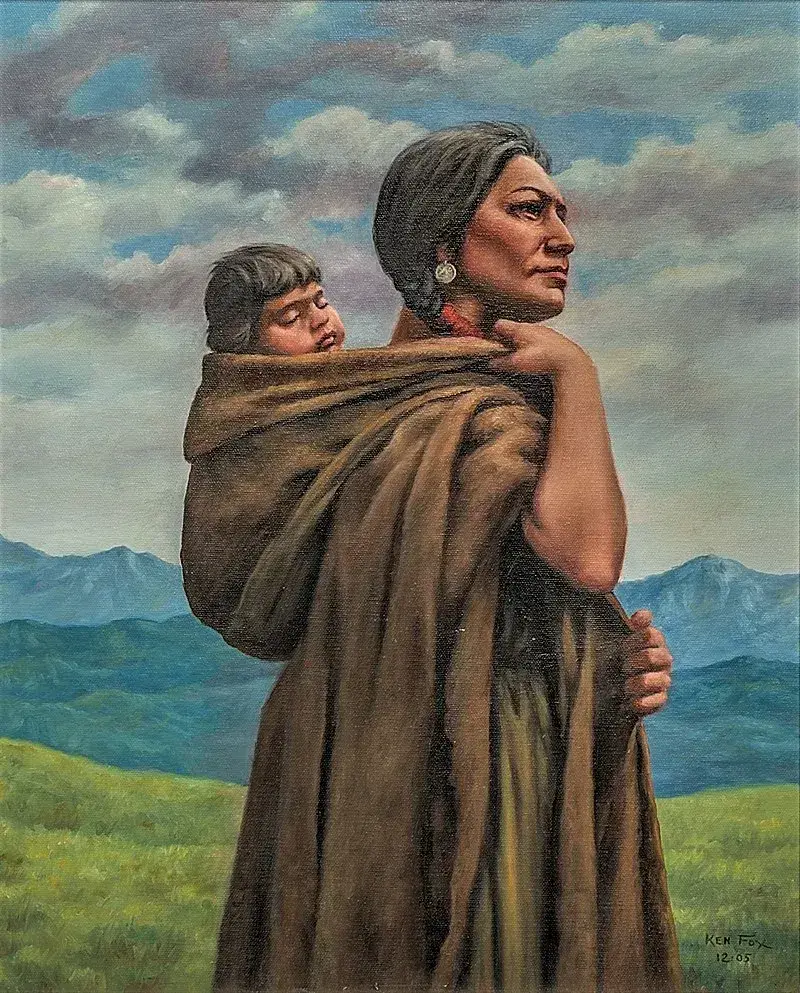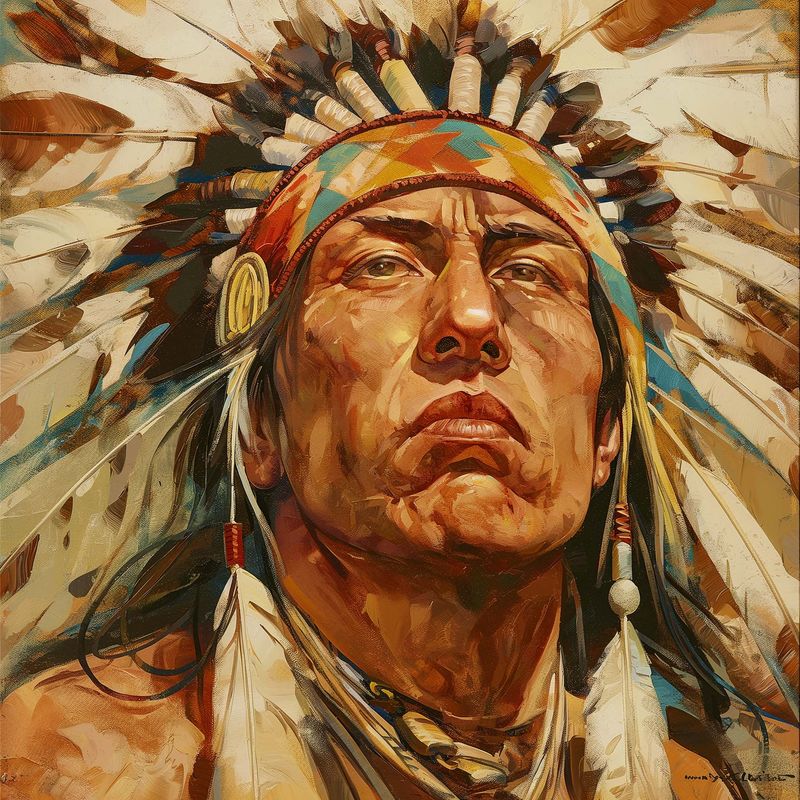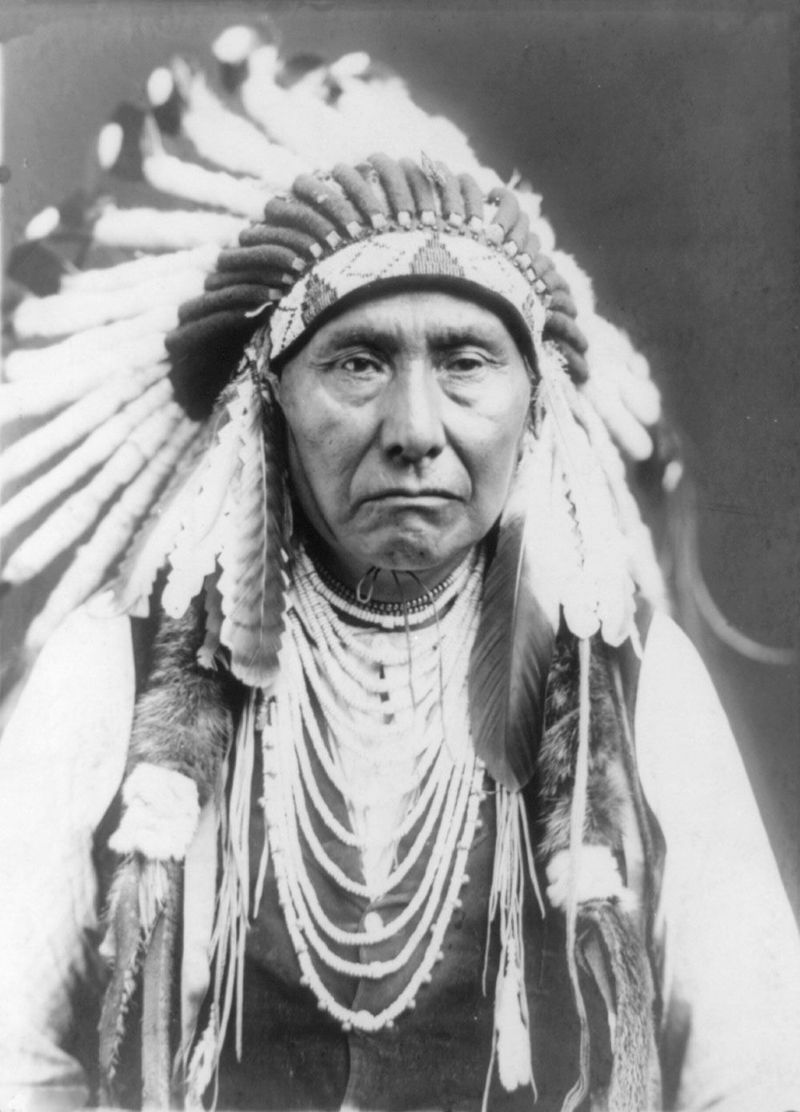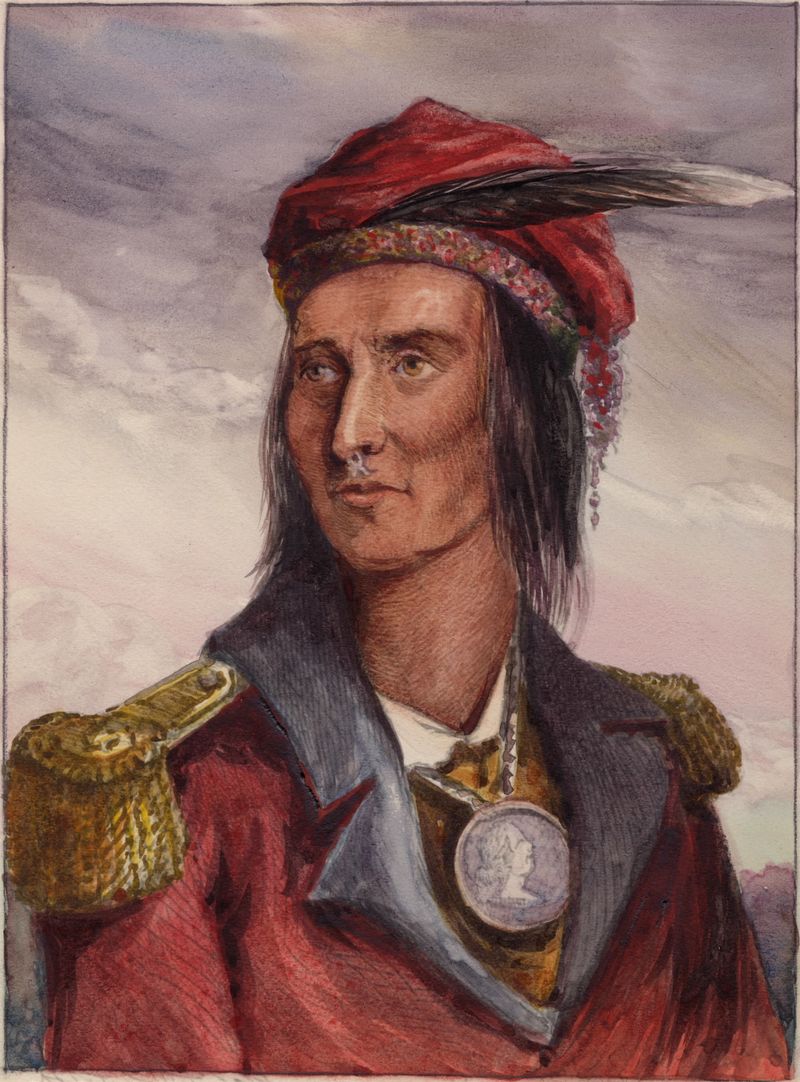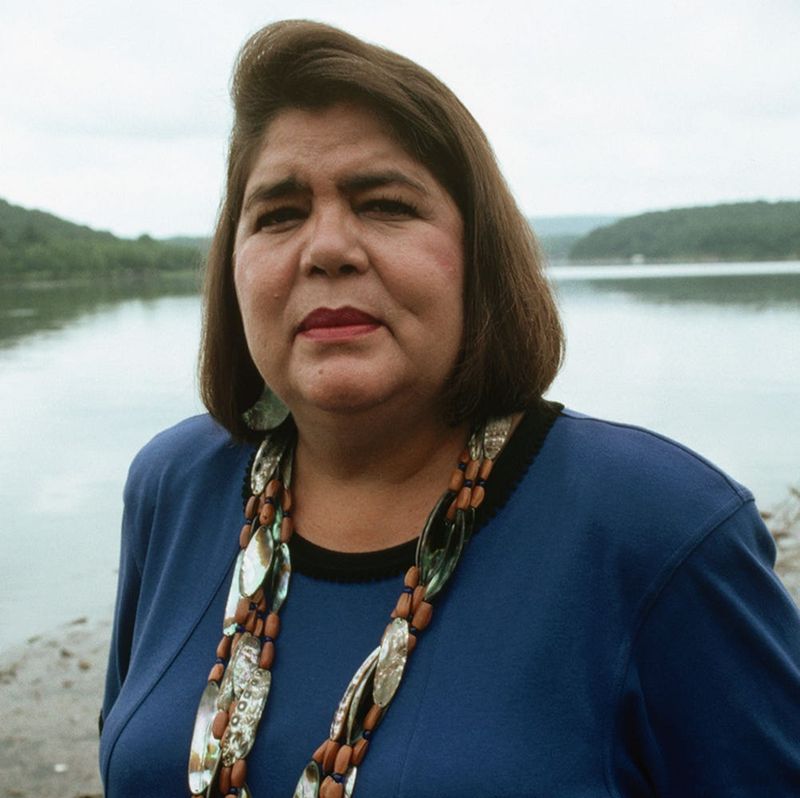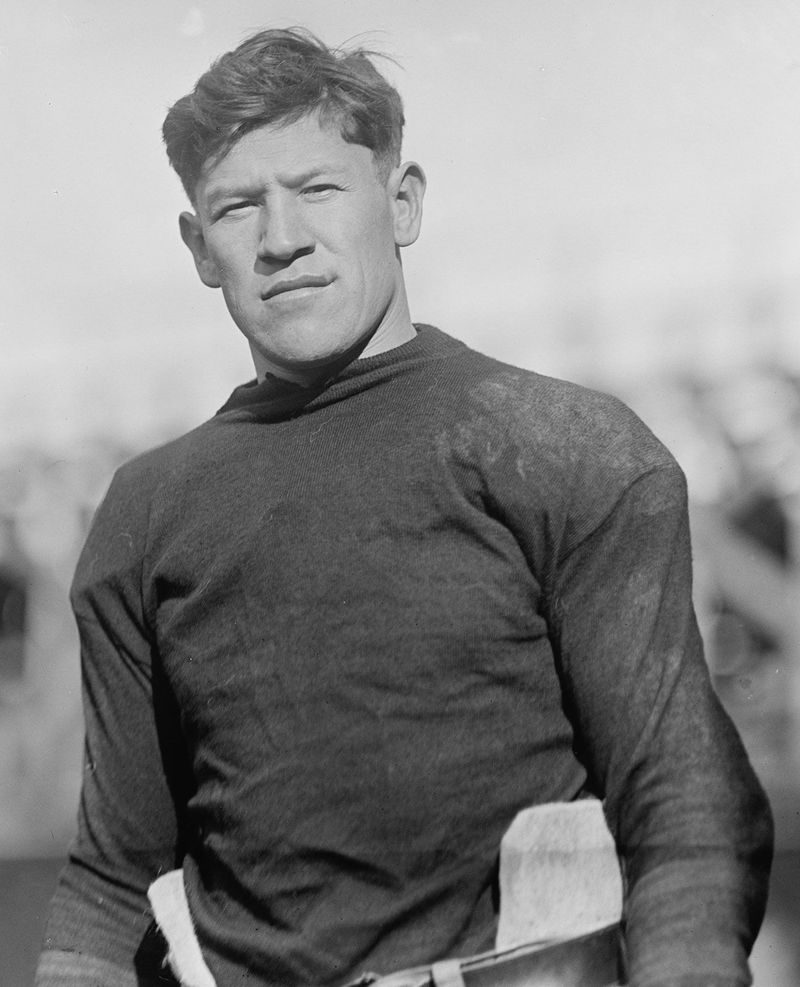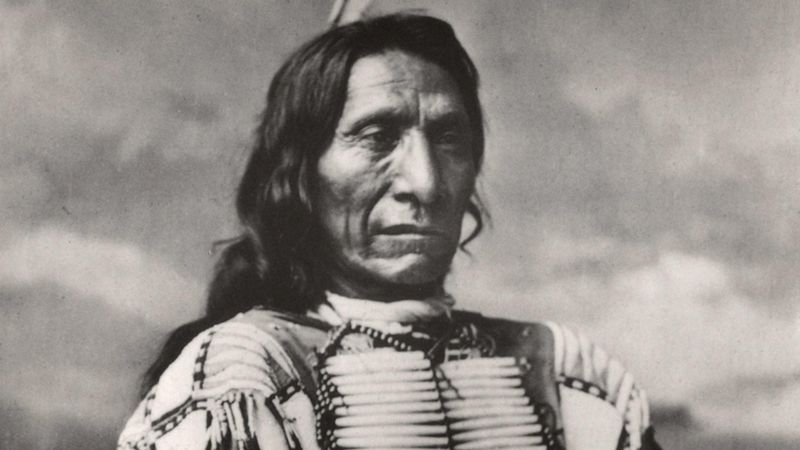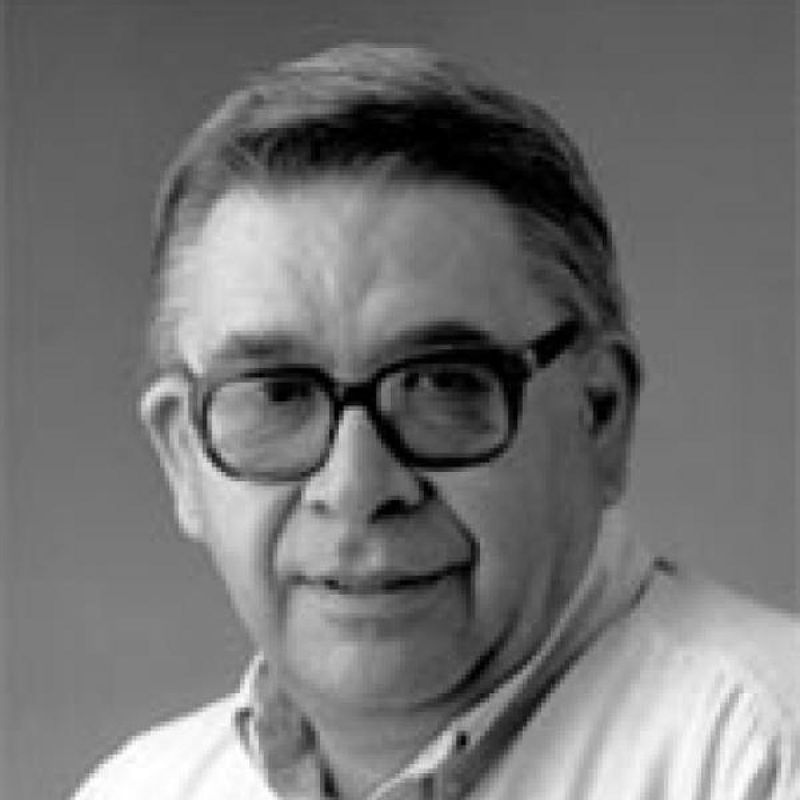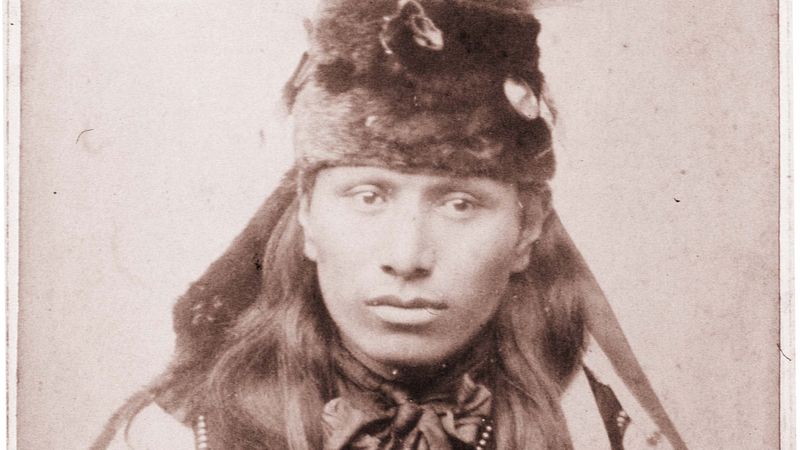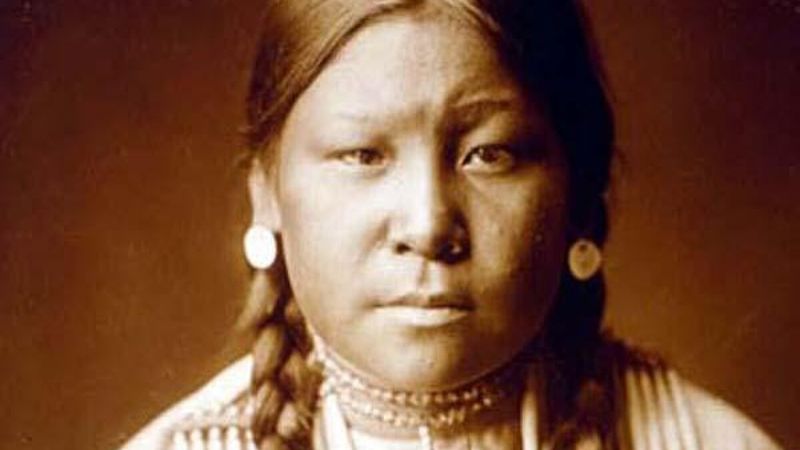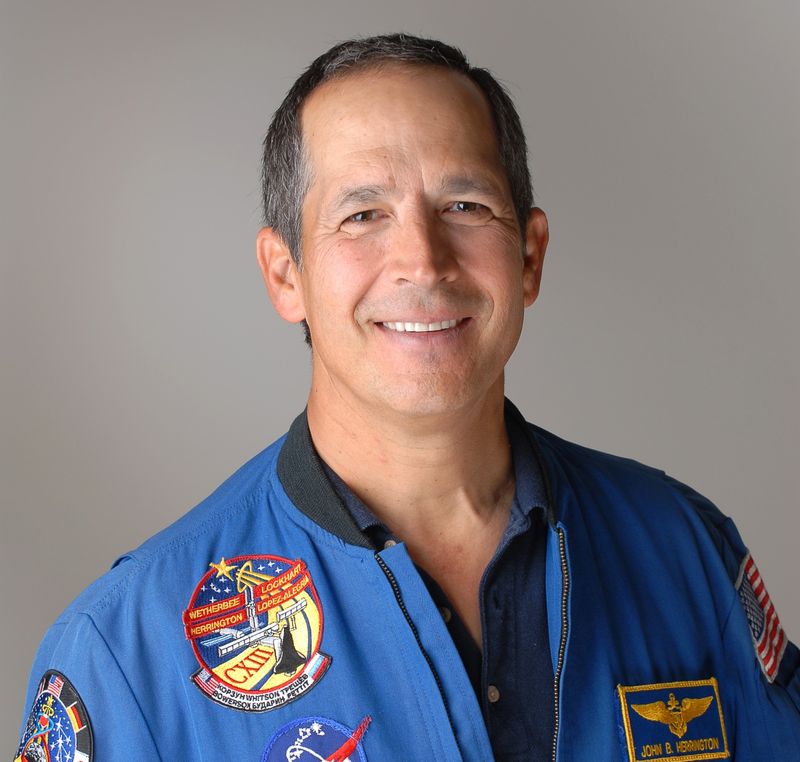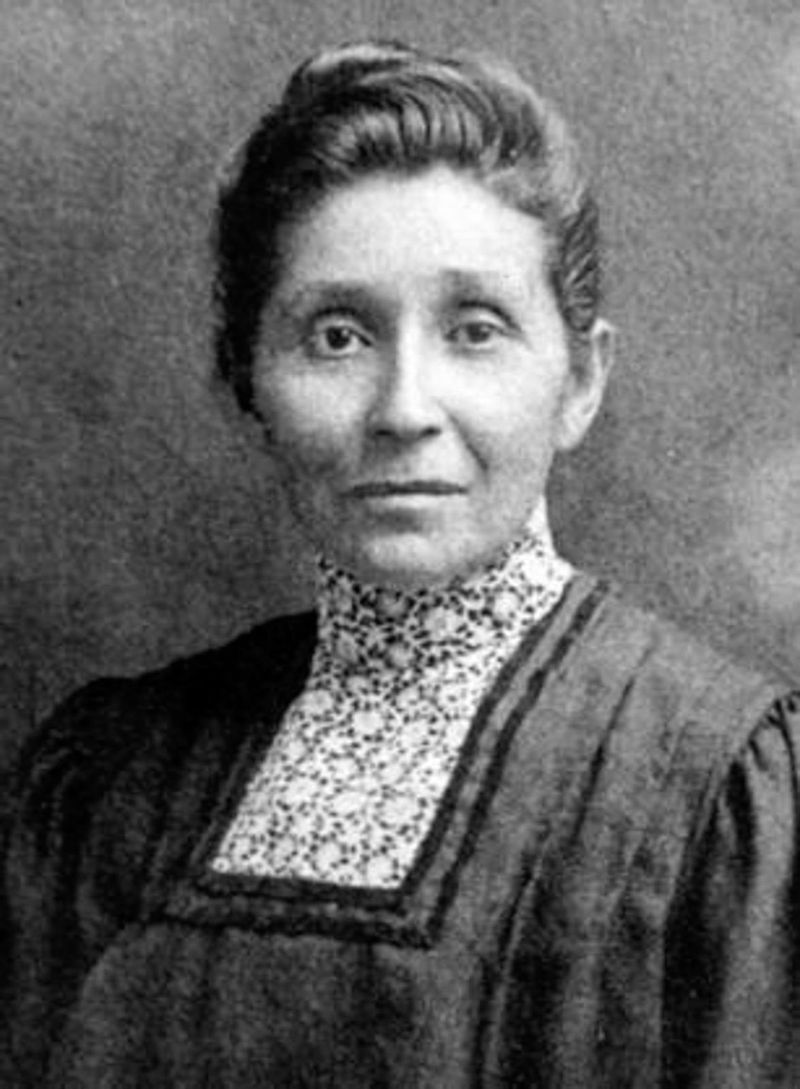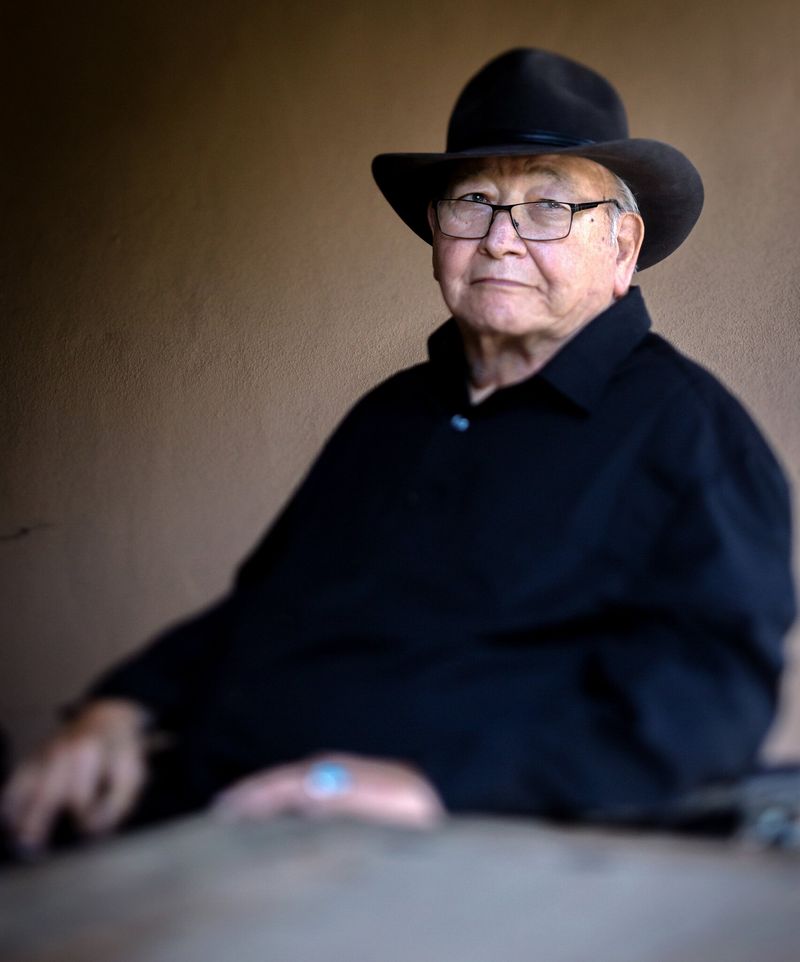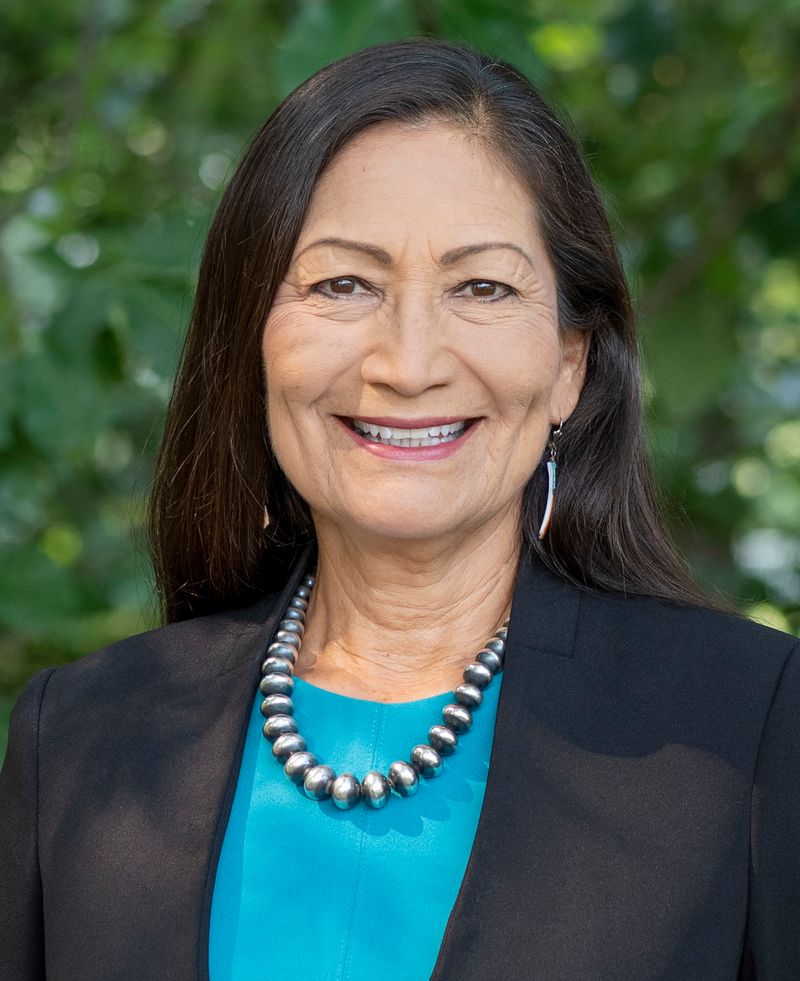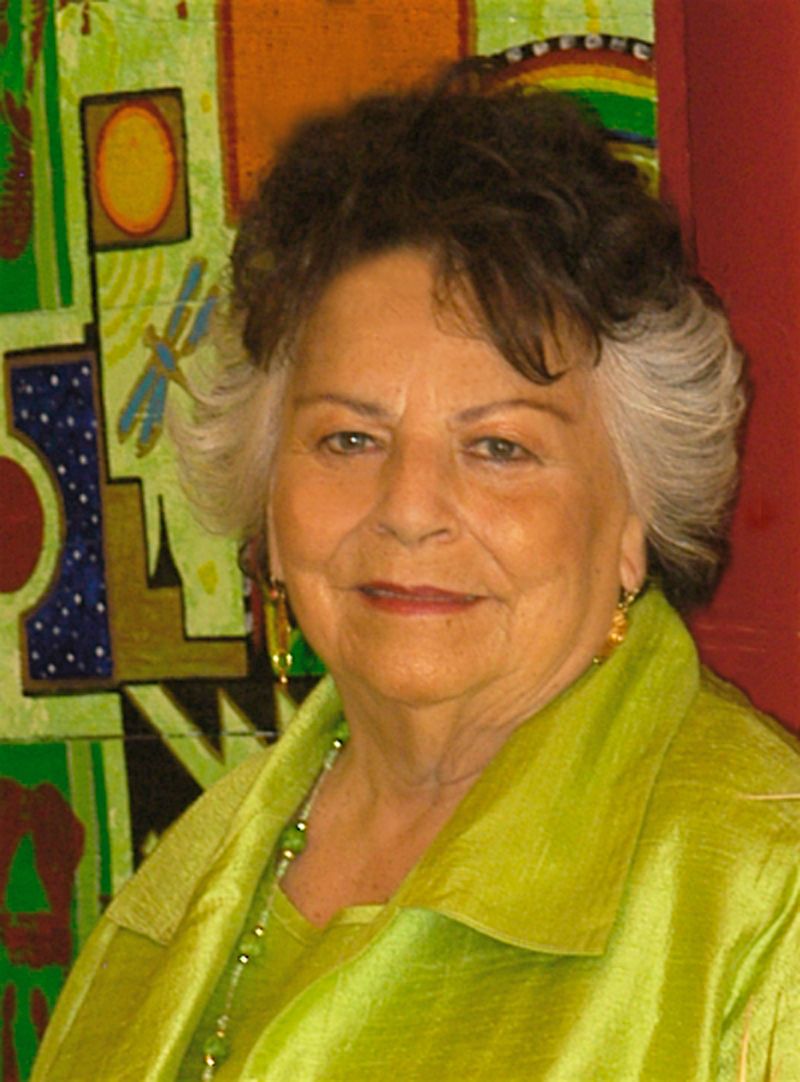Throughout North American history, Native Americans have played pivotal roles in shaping the cultural, political, and social landscapes. Their contributions span across various fields, including activism, arts, politics, and environmentalism.
This blog post highlights twenty influential Native Americans who have left a lasting impact, celebrating their achievements and legacy.
1. Sitting Bull
Sitting Bull was a formidable leader of the Hunkpapa Lakota Sioux. He is renowned for his role in the Battle of Little Bighorn, where he led his people to victory against General Custer.
His courage and leadership were instrumental in resisting U.S. government policies aimed at eradicating Native American culture.
As a spiritual leader, Sitting Bull’s vision and wisdom inspired his people to unite in defense of their lands and rights. Even in captivity, he remained a symbol of Native resistance.
His legacy continues to inspire Native Americans to preserve their cultural heritage and fight for their rights.
2. Pocahontas
Pocahontas, daughter of Powhatan Chief Wahunsenacawh, played a crucial role in the early days of English colonization. Her interactions with John Smith and the Jamestown settlers helped establish peaceful relations between her tribe and the newcomers.
Her journey to England as a cultural ambassador showcased the potential for coexistence and mutual respect. Her story, though romanticized, remains a testament to her diplomatic skills.
Pocahontas’ life is a bridge between two worlds, and her legacy continues to remind us of the importance of understanding and respecting diverse cultures.
3. Geronimo
Geronimo was a legendary leader of the Apache tribe known for his relentless resistance against Mexican and American military forces.
Born in 1829, he became a symbol of Native American resilience and defiance. His tactical prowess and tenacity earned him a reputation as a fierce warrior.
Even after multiple surrenders, Geronimo’s spirit remained unbroken, and he became a folk hero among Native Americans.
His legacy is a powerful reminder of the enduring struggle for Native American rights and autonomy. Geronimo’s life continues to inspire those who fight for justice and self-determination.
4. Sacagawea
Sacagawea, a Shoshone woman, played a vital role in the Lewis and Clark Expedition. Her knowledge of the terrain and languages proved invaluable to the explorers. As a guide and interpreter, she facilitated communication with Native tribes, aiding in the expedition’s success.
Her presence also symbolized peace, as her young son accompanied her. Sacagawea’s courage and skills left a lasting impact on the exploration of the American West.
She remains a symbol of ingenuity and perseverance, inspiring generations to embrace their unique strengths and capabilities.
5. Crazy Horse
Crazy Horse was a visionary leader and warrior of the Oglala Lakota. He is best known for his role in the Battle of the Little Bighorn, where he led a coalition of Native warriors to a historic victory. His commitment to preserving his people’s way of life was unwavering.
Crazy Horse’s courage and tactical brilliance earned him legendary status among his peers. Even in the face of adversity, he remained steadfast in his beliefs.
His legacy endures as a symbol of resistance and dedication to protecting Native lands and traditions from encroachment.
6. Chief Joseph
Chief Joseph, leader of the Nez Perce, is celebrated for his principled resistance against U.S. government policies. Known for his eloquent “I Will Fight No More Forever” speech, he became a symbol of dignity and justice.
His leadership during the Nez Perce War showcased his strategic acumen and deep commitment to his people’s welfare. Despite the eventual surrender, his efforts highlighted the plight of Native Americans.
Chief Joseph’s legacy continues to resonate as a call for justice and recognition of Native American rights, inspiring future generations to advocate for equality.
7. Tecumseh
Tecumseh was a charismatic Shawnee leader who sought to unite Native American tribes against encroaching settlers. His vision of a united Native confederacy was both ambitious and inspiring.
Through his leadership, he strengthened tribal alliances and championed Native sovereignty. Tecumseh’s oratory skills and strategic mind made him a formidable force.
Although his efforts were ultimately thwarted, his legacy endures as a testament to the power of unity and resistance. Tecumseh’s life continues to inspire those who stand up against oppression and fight for indigenous rights.
8. Wilma Mankiller
Wilma Mankiller was the first female Principal Chief of the Cherokee Nation, serving from 1985 to 1995. Her leadership marked a transformative era for the Cherokee people, focusing on self-sufficiency and community development.
Mankiller’s initiatives improved healthcare, education, and housing within the tribe, empowering future generations. Her advocacy for Native American and women’s rights extended beyond her own tribe, reaching national platforms.
Wilma Mankiller’s legacy is one of empowerment and resilience, inspiring women and Native Americans to pursue leadership roles and enact positive change within their communities.
9. Jim Thorpe
Jim Thorpe was a multi-talented athlete of Sac and Fox Nation descent. Known as one of the greatest athletes of all time, he excelled in track and field, as well as professional football, baseball, and basketball.
Thorpe’s Olympic achievements in 1912 brought him international acclaim, despite challenges and controversies. His athletic prowess broke barriers for Native American athletes, showcasing their talents on the world stage.
Jim Thorpe’s legacy continues to inspire athletes worldwide, exemplifying determination and versatility. His life is a testament to the power of perseverance and self-belief in overcoming adversity.
10. Maria Tallchief
Maria Tallchief was America’s first major prima ballerina and a trailblazer for Native Americans in the arts. Born in 1925, she was of Osage descent and rose to prominence as the first star of the New York City Ballet.
Her performances captivated audiences worldwide, breaking cultural barriers and setting new standards in ballet. Tallchief’s dedication to her craft paved the way for future generations of dancers.
Her legacy is one of artistry and determination, inspiring Native Americans and artists alike to pursue their passions and excel in their chosen fields.
11. Red Cloud
Red Cloud was a prominent leader of the Oglala Lakota, known for his role in Red Cloud’s War. His successful campaign against the U.S. Army in the 1860s forced the government to negotiate and close the Bozeman Trail.
Red Cloud’s diplomatic skills were instrumental in securing better conditions for his people during the turbulent times. Beyond warfare, he advocated for education and adaptation to changing circumstances.
His legacy as a leader who balanced strength with wisdom continues to inspire Native American leaders to fight for their people’s rights and welfare.
12. Vine Deloria Jr.
Vine Deloria Jr. was a prominent Native American scholar, author, and activist. His groundbreaking book, “Custer Died for Your Sins,” challenged stereotypes and advocated for Native American rights.
Deloria’s work in academia and activism paved the way for a greater understanding of indigenous issues. His writings inspired a new generation of Native American intellectuals and activists to pursue justice and equality.
His legacy endures as a voice of reason and change, urging people to critically engage with history and strive for a more inclusive society.
13. Black Elk
Black Elk was a revered Oglala Lakota holy man and visionary. His life and teachings, captured in “Black Elk Speaks,” offer profound insights into Native American spirituality and culture.
His visions and experiences during significant events, such as the Battle of Little Bighorn, were instrumental in shaping his spiritual journey. Black Elk’s wisdom and storytelling continue to inspire those seeking a deeper understanding of indigenous perspectives.
His legacy is one of spiritual resilience, encouraging people to connect with their heritage and embrace the teachings of their ancestors.
14. Buffalo Calf Road Woman
Buffalo Calf Road Woman was a courageous Cheyenne warrior known for her bravery during the Battle of the Rosebud. Her heroic actions in rescuing her brother inspired her people to fight against overwhelming odds.
Beyond her combat skills, she was revered for her leadership and determination in protecting her tribe’s way of life. Her story remains an inspiring testament to the courage and strength of Native American women.
Her legacy continues to inspire women to take on leadership roles and fight for their communities, promoting resilience and empowerment.
15. John Herrington
John Herrington became the first Native American astronaut, making history with his 2002 spaceflight. A member of the Chickasaw Nation, his journey to space represented a significant milestone for Native Americans in STEM fields.
On the STS-113 mission, Herrington’s contributions included spacewalks and scientific experiments. His achievements demonstrated the limitless possibilities for Native Americans in science and technology.
Herrington’s legacy inspires future generations to pursue careers in STEM, breaking barriers and reaching for the stars while honoring their cultural heritage.
16. Susan La Flesche Picotte
Susan La Flesche Picotte was the first Native American woman to earn a medical degree in the United States. A member of the Omaha tribe, she dedicated her life to improving healthcare for Native Americans.
Her work as a physician and advocate for public health reform addressed critical issues, such as sanitation and infectious diseases. Picotte’s compassionate care and determination set a precedent for future Native American healthcare professionals.
Her legacy continues to inspire those who seek to make a difference in healthcare and community well-being, embodying compassion and dedication.
17. N. Scott Momaday
N. Scott Momaday is a Pulitzer Prize-winning author and a prominent figure in Native American literature. His novel, “House Made of Dawn,” played a crucial role in the Native American Renaissance.
Momaday’s writings explore themes of identity, culture, and connection to the land, resonating with diverse audiences. His influence extends beyond literature, as he advocates for preserving Native American languages and traditions.
His legacy is one of cultural revival and literary excellence, inspiring writers and readers to engage with indigenous narratives and embrace their cultural identities.
18. Deb Haaland
Deb Haaland made history as one of the first Native American women elected to the U.S. Congress and as Secretary of the Interior. A member of the Pueblo of Laguna, her leadership emphasizes environmental stewardship and indigenous rights.
Haaland’s commitment to public service and advocacy for marginalized communities has set new standards in government. Her work highlights the importance of diverse representation in leadership roles.
Her legacy continues to inspire Native Americans and women to pursue careers in public service and advocate for policies that benefit their communities.
19. LaDonna Harris
LaDonna Harris is a prominent Comanche activist and advocate for Native American rights. She founded Americans for Indian Opportunity, promoting indigenous self-determination and cultural preservation.
Harris’s work in policy development and community empowerment has had a lasting impact on Native American advocacy. Her dedication to social justice and equality continues to influence leaders across the nation.
Her legacy is one of empowerment and activism, inspiring individuals to engage in community service and strive for a more equitable society. Harris’s life is a testament to the power of advocacy and leadership.
